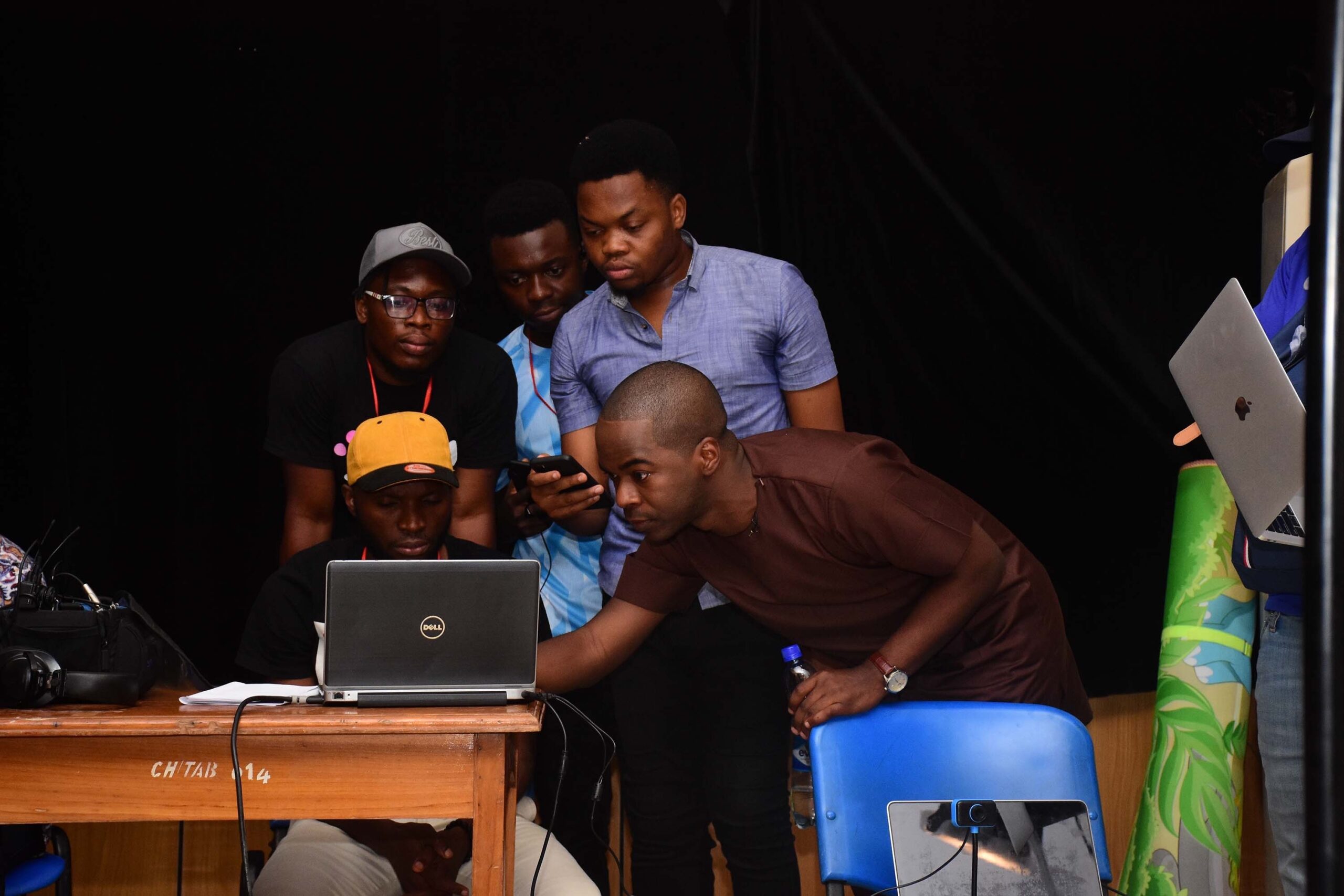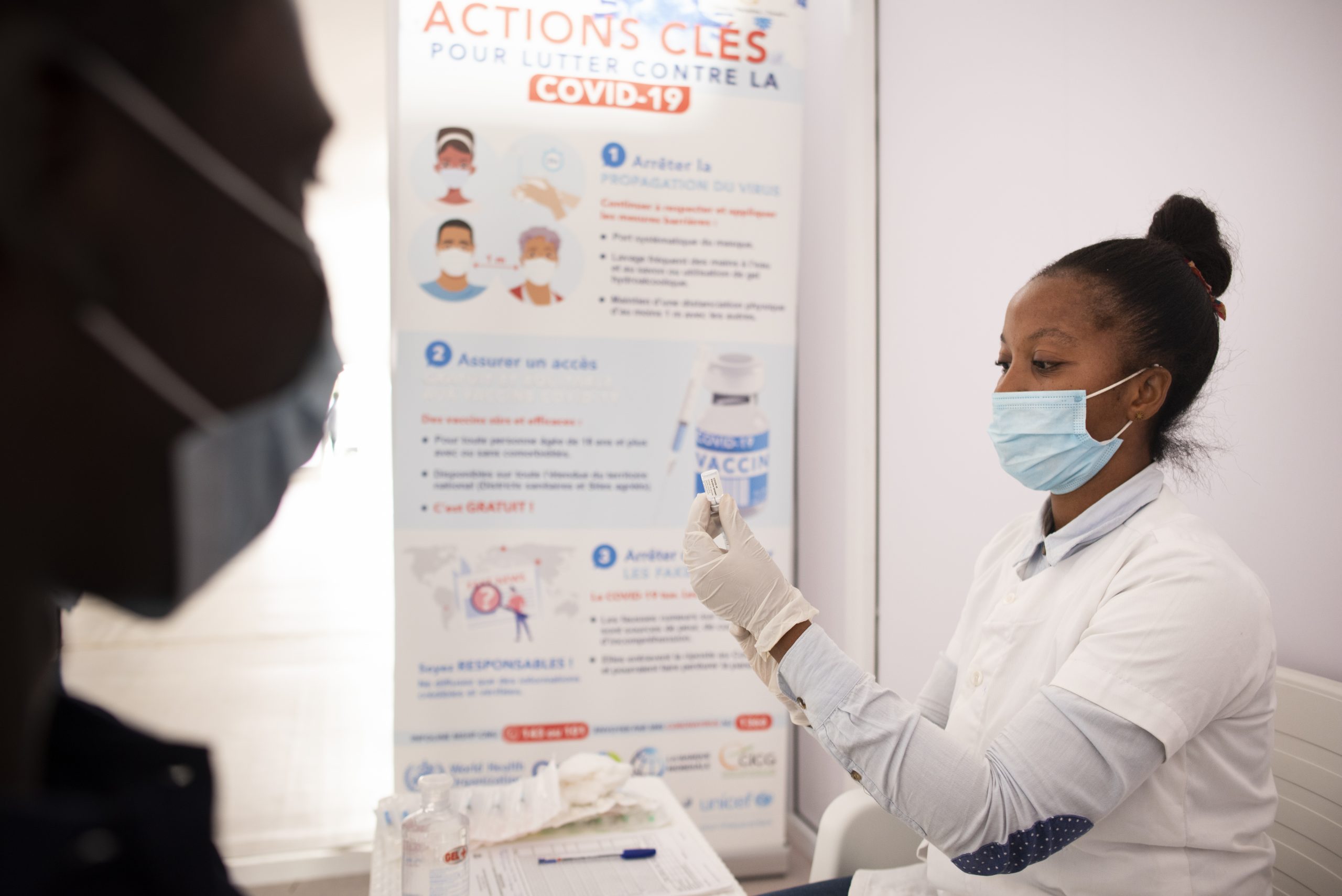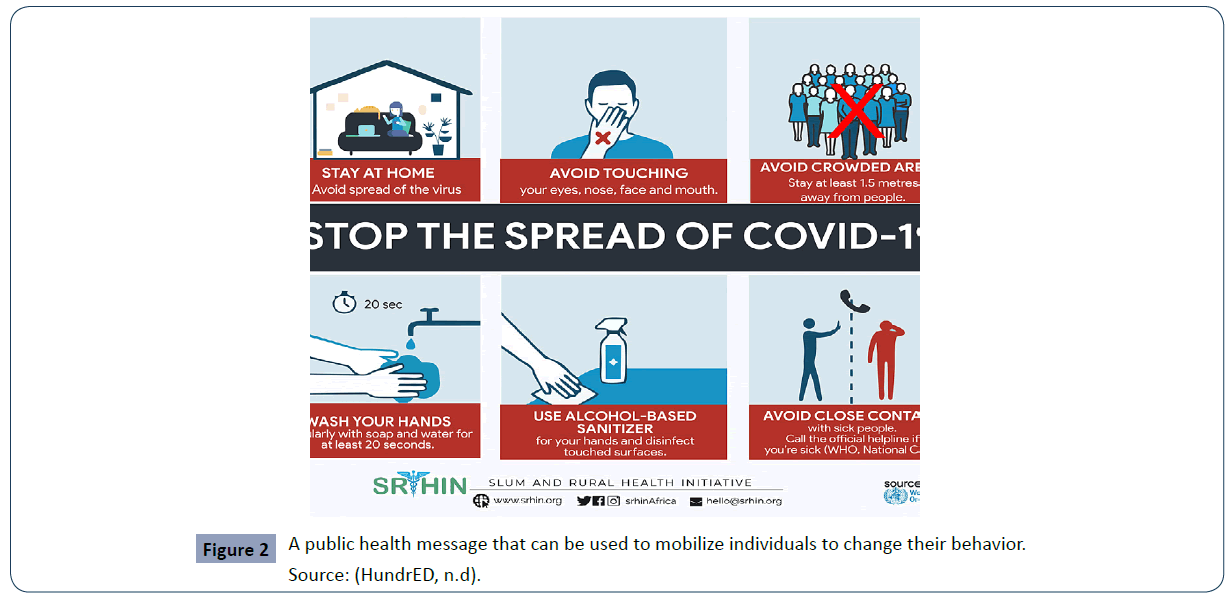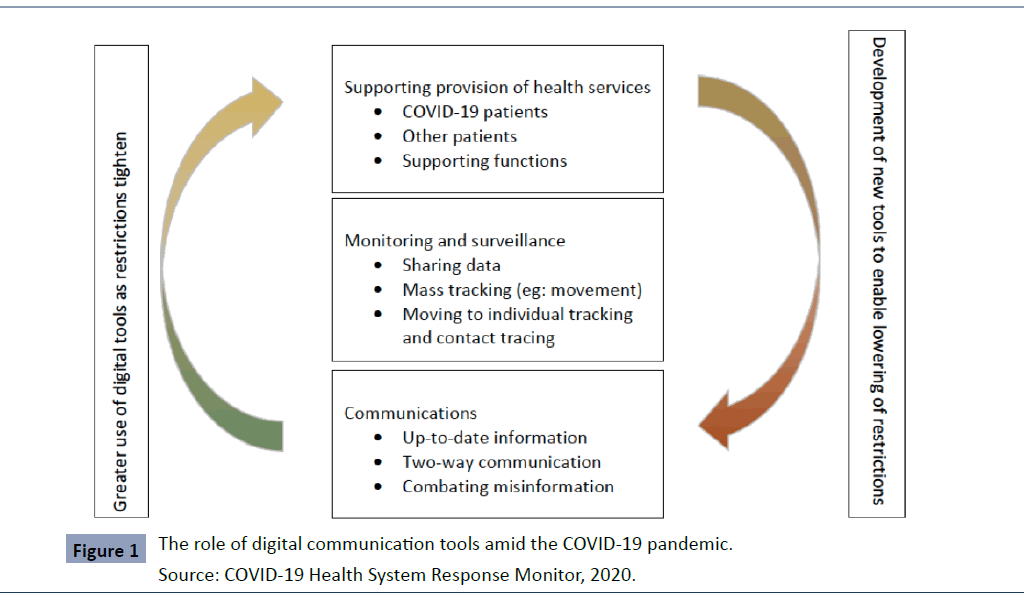Research

About Darash Insights Group
Darash Insights Group is a leading subsidiary of the Tegan Mosugu Company, specializing in social impact, public health, and research insights. We believe that research is the foundation for creating positive change.
Our Expertise (Highlights)
- Qualitative Research: Our team excels in conducting focus groups, in-depth interviews, and case studies to provide our clients with the insights they need to achieve their goals.
- Policy Analysis: We offer a deep understanding of the policy landscape and have extensive experience working with government agencies and nonprofits to evaluate policy initiatives and programs.
- Specializations: Our areas of specialization include public policy, global health, and development-related topics aimed at social impact, media, and communication.
Our Clients
We have vast experience working with clients from various sectors, including:
- International Organizations
- Non-profits
- Private Businesses
Our Objectives
At Darash, our objectives encompass:
- Research Insights: Providing research insights to local and global stakeholders in the field of international development.
- Development Contribution: Contributing to the local and national development of Africa.
- Informative Content: Delivering informative content to audiences in Africa and the diaspora.
Join us in our mission to drive positive change through insightful research and impactful initiatives.
Features

Qualitative, Quantitative & Mixed-Methods Research
In-depth interviews, case studies, ethnography, mixed-methods research methodologies, survey design and implementation, statistical modelling, data visualization and reporting.

Interdisciplinary Social Impact:
Strategic planning, gap analysis, needs assessment, impact analysis, program/project management, academic writing, monitoring and evaluation.

Media and Communication Design:
Communication/media campaigns, media content analysis, market insights, audience research, branding/marketing, social media analysis, and marketplace representation.

Social Impact Evaluation
Robust social impact evaluations – assessing the effectiveness of social programs and initiatives through a range of traditional and nontraditional methodologies.

General Consultancy Services:
Cross-sector grant and proposal writing, project management, and corporate social responsibility (CSR) strategies for maximizing impact and improving business solutions.
Our Work in Action

Why demand generation is essential to successful vaccine rollout
In order to improve COVID-19 vaccination, VillageReach partnered with the government to open a vaccinodrome/vaccination site in Yopougon, Abidjan. This site was selected in an area with a large Christian population that traditionally had low demand, low income levels, and a significant distrust in the government. When the site opened, demand was still a challenge; as a result, we had to prioritize our focus and be intentional in our outreach in order to improve the low throughput early on.
As site operators, our “sphere of influence” is narrow. We focused not on general COVID-19 vaccine hesitancy, but rather targeted strategies to get people to the vaccinodrome/vaccination site in Yopougon. We did not have a lot of resources for demand generation, so we had to be nimble and strategic in our approach.


Covid-19 Messages, Mental Health and Foreign Aid
The dissemination of public information during pandemics leads to fear mongering and misinformation. In the context of health communication, this paper suggests that health communication ought to be as clear as possible and easily interpretable. This can be achieved by broadcasting public service announcements through radio, television, and billboard platforms in local dialects and official languages. When compared to the global rate, the number of Africans who receive care for their mental health is extremely low due to cultural norms and the limited number of mental health facilities and professionals. Nonetheless, the ability to achieve desirable health outcomes can significantly be boosted by foreign aid.
Foreign aid has proven to be a tool for alleviating human suffering during pandemics. Most developing countries rely on foreign aid in the wake of a pandemic either through monetary (bilateral/multilateral) assistance or relief items. In addition to providing emergency relief measures in highly informal sectors, foreign aid can be used as a tool to channel liquidity to small and medium-sized enterprises (SMEs), households, and informal workers. This paper takes a systems approach in highlighting the ways in which some of the aforementioned factors can be efficiently leveraged to curb the rate of disease spread, which in turn alleviates the burden of human suffering.

Mitigating the effects of COVID-19 through global health governance
Concerted global health efforts are dependent on communication between humans across a plethora of social domains – economic, political, technological, cultural and environmental. These globalizing changes are gradually diminishing boundaries that before now, separated humans from each other. Thus, globalization increases many health challenges and by so doing, limits the ability of governments to respond to crisis. It is important to note that globalization catalyzes and facilitates innovation. It is therefore pertinent to stimulate new actors to innovate by developing new ideas, approaches, and institutions.
